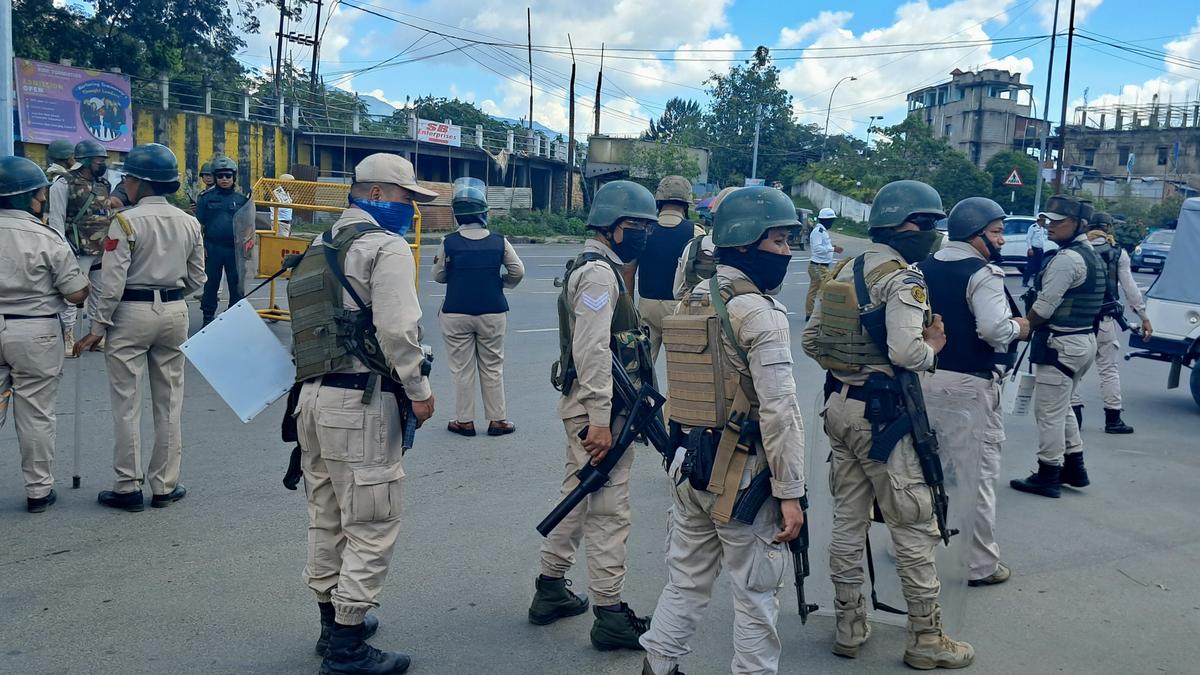In a significant move, the Central and State governments have announced a joint review of the Armed Forces (Special Powers) Act (AFSPA) in Manipur. This review aims to assess the current security landscape and the impact of AFSPA on local communities.
Background of AFSPA
The Armed Forces (Special Powers) Act was enacted in 1958 to grant special powers to armed forces in “disturbed areas,” enabling them to maintain public order. However, its implementation has faced criticism for alleged human rights violations. The Act has sparked protests and debates, especially in regions like Manipur, where local sentiments have shifted significantly over the years.
Purpose of the Review
Officials from both the Central and State governments will evaluate the necessity of AFSPA in light of recent developments, including:
- Changes in the security environment.
- Calls from various civil society groups for reassessment of the Act’s provisions.
Stakeholder Consultations
The review process will involve consultations with stakeholders, including:
- Community leaders.
- Human rights organizations.
Implications of the Review
This initiative reflects a broader effort to address the complexities surrounding AFSPA and its implications for governance and civil rights in Manipur. As the review progresses, it could lead to significant policy changes that affect the relationship between security forces and the local population, paving the way for a more inclusive approach to security in the region.
Monitoring Outcomes
The outcomes of this review will be closely monitored by various sectors, including:
- Political parties.
- Civil rights activists.
- The general public.
These groups await decisions that could reshape the future of law enforcement in Manipur.
Multiple-Choice Questions (MCQs):
- What is the main aim of the joint review of the Armed Forces (Special Powers) Act (AFSPA) in Manipur?
- A) To enhance the powers of armed forces
- B) To assess the impact of AFSPA on local communities
- C) To abolish AFSPA entirely
- D) To increase military presence in the region
Answer: B) To assess the impact of AFSPA on local communities
- When was the Armed Forces (Special Powers) Act enacted?
- A) 1947
- B) 1958
- C) 1965
- D) 1971
Answer: B) 1958
- What has been a major criticism of AFSPA since its implementation?
- A) Economic benefits
- B) Human rights violations
- C) Support from local communities
- D) Efficiency in maintaining order
Answer: B) Human rights violations
- Who will be consulted during the review process of AFSPA?
- A) Only government officials
- B) Community leaders and human rights organizations
- C) Military personnel only
- D) International observers
Answer: B) Community leaders and human rights organizations
- What might be a potential outcome of the AFSPA review?
- A) Increased tensions between security forces and civilians
- B) Policy changes affecting governance and civil rights
- C) Complete removal of armed forces from Manipur
- D) Decreased involvement of civil society groups
Answer: B) Policy changes affecting governance and civil rights
